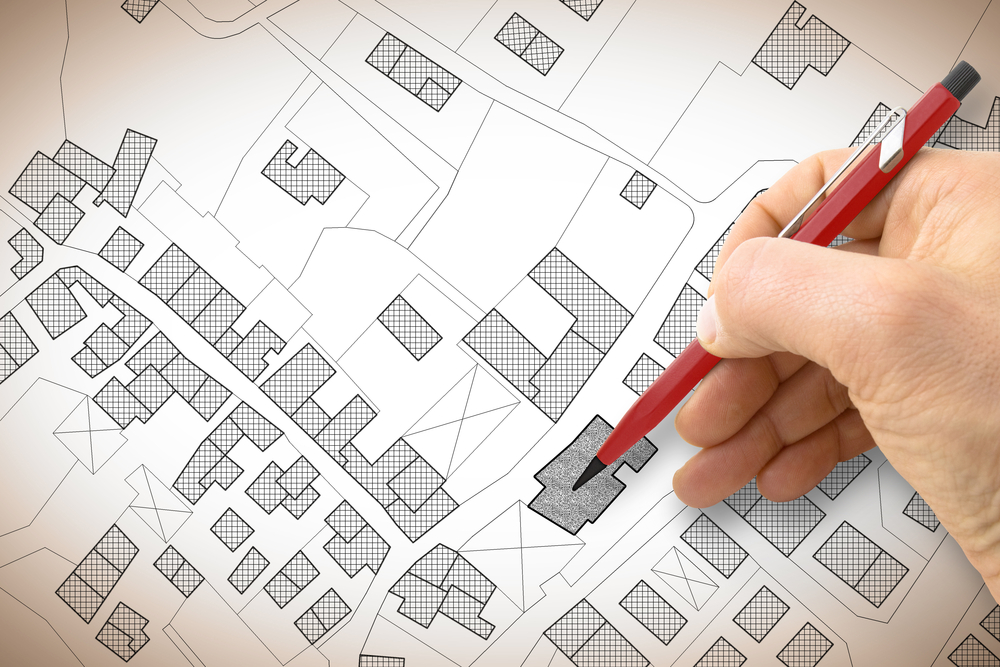Psychology

Psychology is the use of scientific methods and empirical research to study human behaviour. Psychology is also concerned with the examination of how environmental and cultural factors help shape us. They then use this knowledge to help people overcome their problems. Psychology is not just used to cure and improve the lives of individuals, however; it can also improve the effectiveness of organisations such as businesses, schools, and hospitals.
Education
Psychology is very popular in the CAO system. You can study it as a dedicated degree or as part of an Arts degree. You can also study psychology or in conjunction with other topics such as Sociology, Business, Theology, and Education. As a discipline, it combines encompasses elements of the Humanities (philosophy, sociology, and history) and Sciences (biology, physiology, and statistics).
Introductory subjects can often include Developmental Psychology, Biological Psychology, Social Psychology, History of Psychology, Cognition, Research Methods, and Statistics.
In the latter years of a degree, students of psychology can specialise in subjects such as Psychology and Crime, Neuropsychology, and Social Psychology.
Courses in this area also include a large amount of practical work and students can undertake projects that involve conducting psychological experiments, interviews, and surveys, often working in groups and presenting findings to the class.
Psychology-related courses are available in further education. Applied Psychology explains how core theories and techniques can be adopted into a particular industry or sector. Level 5 certificates enable students to apply their psychological knowledge to good effect in management, marketing, health, and education, care provision roles.
The Work
Completion of an approved honours degree in Psychology or its related subjects entitles you to become a graduate member of the Psychological Society of Ireland (PSI).
Psychologists use different scientific methods to determine how people react in different situations, as individuals, and within groups. This is to help people or groups avoid, overcome, or control their problems and to maximise their potential. All psychologists are likely to attend meetings and case conferences, keep records, and write up reports.
There are great deal of specialist areas within psychology (usually requiring postgraduate study) including Clinical, Occupational, Child, Counselling, Health, Forensic, Educational, and Sports. Whichever area you specialise in will determine what your working day is like.
Clinical psychologists are those who work with people who suffer from emotional or mental problems; while health psychologists help those in their care adjust to the emotional and social demands of their medical treatment, or help with medical problems that are related to psychological factors.
Child psychologists generally assist children and families with behavioural or other problems. Educational psychologists work with schools and children, testing IQ, aptitude, and achievement; while occupational psychologists help businesses and organisations with human resources and recruitment issues.
Some forensic psychologists will assist in criminal investigations, while others generally help to rehabilitate criminals. Sports psychologists help athletes to mentally prepare themselves in order to maximise their sporting abilities.
An ability to empathise with patients is imperative, though the role also requires a high level of detachment. As psychologists must inspire trust in their patients, they must be exceptionally good listeners and communicators.
Did you know?
According to the World Health Organisation, approximately half of mental disorders begin before the age of 14.


Leave a comment